For two magical splits, Immortals was the darling of the North American League Championship Series. Nearly untouched throughout the 2016 regular season, the team played with visceral joy. But it all fell apart in the playoffs when they failed to advance past the opening round.
In the offseason, the team rebooted. They wanted players with different backgrounds who could grow together. The man tasked with putting that all together? Head Coach Robert Yip. The task was difficult—not only did last year’s team set an impossibly high standard, Immortals brought in some strong personalities, including mercurial jungler Josh “Dardoch” Hartnett.
After a rough start, Yip’s team is starting to play with more synergy. The team still makes a lot of mistakes, but their mentality remains strong. The reformed Dardoch has been a bright spot, and the combination of rookies and veterans, English speakers and Koreans, has begun to find its groove. Last week, they picked up a signature win against Cloud9 and they are currently tied for sixth place in the standings. Their match this week against Team Dignitas will likely determine if the team makes the playoffs.
We recently caught up with Coach Yip on his coaching philosophy, how he’s built this year’s team, and what it’s like working with a new group of players.
Your educational background is in traditional sports, psychology, and sports science. How did you get into esports?
Robert Yip: I did my undergraduate in education and sports science, [and the] plan was to go into teaching. Once I got into sports science, I got hooked on the idea of performance coaching and making sure someone is performing at the highest level. It was around this time MLG was taking off, StarCraft was really big. I was like ok, ok, I’ll have a look. From 2011 onwards, I was completely hooked on esports.
I started watching League of Legends, there was something about it that pulled more toward it, like a gap, or void missing. Coaches weren’t even a thing back then. And I think my first step into League was with Origen in the season before they went to Worlds. Afterwards, Noah and Immortals contacted me and that’s how I ended up here.
What is it like working with athletes in traditional sports compared to esports?
Players in esports got to where they are through grinding out the game, hitting up the same patterns and confirmations over and over again. They’re always focusing on trying to end the game, get the points, and climb the ladder as opposed to shoring up weaknesses.
Whereas in traditional sports, you have guys who have been playing since they were four, and by the time they get to be professionals, they’re conditioned to working on a team, to understand the types of training. When they hit semi pro or pro, they already have a foundation of what it’s like to be a professional player.
In esports, when you move up from college or even amateur to the professional level, there’s a huge gulf. Nothing prepares you for what it’s like to be on stage. Nothing prepares you for a relegation battle or when you’re trying to get into Worlds. Nothing prepares you for living in a team house. For me, that’s the biggest aspect that people don’t understand. No other sports has you living in a house with your teammates always around, with your coaches in this house as well. From a life skills point of view, they’re a couple years behind where they should be, and that’s the biggest difference from traditional sports.
Could you talk a little about the team house dynamic. What works, what doesn’t work?
I think a majority of players right now would choose a team house over living alone because they realize the benefit for working with their teammates and coaches every single day. They aren’t 100% self sufficient, so they can definitely feel the benefits of people managing their day.
But I think there will come a day when we will be able to give all five players the opportunity to go and live outside the house and come in to work in the office, kind of like a 9-5 job. I think the way it’s set up right now facilitates, in a negative way, the grind, where they feel like they have to be in the house all year round.
[Immortals mid laner] [Pobelter] is actually one of those players who I would be 100% comfortable saying “Hey, you can go live by yourself, and come into work. You can be trusted to tick all the boxes with regards to sleeping and eating and exercising.”
You brought in some new players over the offseason, some with strong personalities. What is it like working with them?
I think there’s a misconception that strong personalities on a team are difficult to work with. I think [Dardoch], for me, [can be] difficult, but at the same time he has shown me glimpses throughout the year that he could be the best player in NA, if he will apply himself the right way.
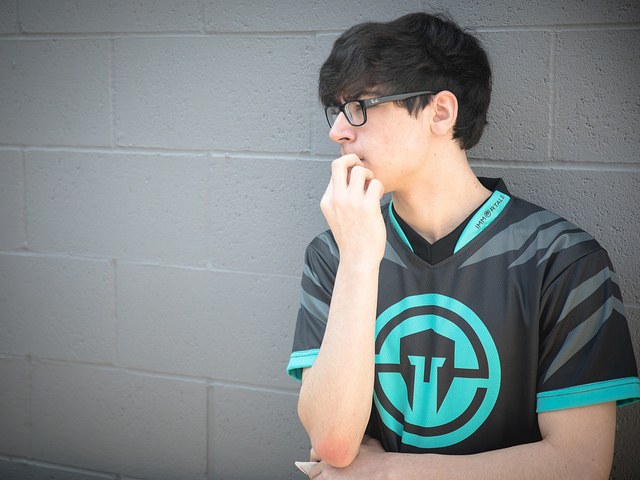
Cody has come with his own mentality of what type of player he wants to be. For me, he’s our most improved player. He’s been really like a ray of sunshine with how he’s progressed, but it wasn’t always easy going.
Olleh is coming along very well, nice guy, easy to talk to, very hard working, very studious, is currently studying three different languages at the same time.
Flame is Mr. Consistent. He’s the only one who knows how to live in a team house and how to play League. So I don’t have any worries about him.
What is the chemistry of this team like compared with last year?
I think it was a lot easier last year because everybody clicked instantly. As soon as Huni and Reignover came off the plane, they pretty much clicked with the rest of the team. This year, I think the idea behind recruiting was to hire people with a chip on their shoulder, that had something to prove. The upside is that everyone should work super hard and really, really want to win. The downside is that you have to get everyone to buy into the same ideology of what the team is and how to work together.
It’s been hard but you’ve definitely seen instances in the year were we nail it down, you get locked in and we can beat C9, we can beat good team. But you see instances of inconsistency where we have different ideas of how we should be playing the game.
How do you help your guys build chemistry and synergy?
In an ideal sense, it’s players and individuals working together towards a common goal. You have to get buy in from the rest of the team so when we have a difference of opinion, we can all give a little and meet somewhere in the middle. You need to trust your teammates and they need to trust you, so when they make a call, you go in straightaway. When you make a call, you expect them to follow right behind them.
Synergy is something that’s hard to build depending on how different the backgrounds and the ideas the individuals have. But the most successful teams are combined of players that have a different take and outlook on life and come from different backgrounds. The least successful teams are the ones that share a common background and share the same ideas, because you’re just going to get the same ideas over and over again. You need people to kind of rock the boat and tell you you’re doing something wrong and give you an alternative.
How has your approach to the players changed over time?
I believe in the ideas behind what we’re trying to do, culture-wise. Player-wise, adopting for them is difficult, it really has to come from the top down, There’s nothing I’ll ask of them that I won’t ask of myself on a day to day basis, every single thing.
Sometimes you have to be a little more lenient. I’ve tried the stricter approach and I think it doesn’t work as well because you all live in the house, everything is super stressful, so you have to give a lot more than you were previously willing to do because they’re still young guys in a high pressure environment. They’re working as hard as they can, so I don’t want them to burn out. I give a little bit and hopefully they’re a little more willing to fall in line.
You guys also made a change at strategic coach, bringing in David “Hermes” Tu. How do you as a coaching staff work together?
Last year, the synergy was really good because we all had common ideas, and that kind of fit into the culture of the team. What we were missing last year was direction around how we should be playing the game once we got to an impasse where we didn’t have many answers. We realized [David’s] the best coach that’s out there right now. David definitely has been the guy for that.
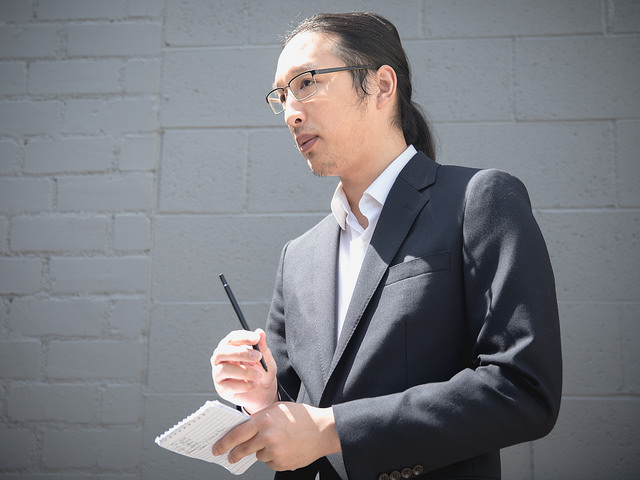
You’ve mentioned that this team has a higher potential ceiling than last year’s team. What do you mean by that?
Where we end up it’s really difficult to say based off how players deal with the journey. The journey is difficult [because] we’re getting out of our comfort zones, we’re always going to be in this state of uncertainty. I know that we’re actually improving because we’re not too relaxed, we’re not too complacent. There was a lot of complacency last year because of the synergy and skill that we had throughout spring split, [which] carried over to summer split. We weren’t pushed to improve as much as we could have been.
This year, all I know is that we’re learning so much. Every time we finish a scrim week and we go to stage, they’re using some sort of knowledge that we’ve empowered them [with]. It’s kind of fraught with difficulty, but every single week, we see growth from individual players and our team as well.
You’re on the cusp of the playoffs with tough matchups with CLG and Dignitas coming up. What is your approach to this final week of the split?
At this point in the season, most esports teams will double down and practice really hard, with twice as much practice. But realistically, what you’ve learned over the past 3-4 months is what you’re going to show on stage. It’s really about maintaining a good physical condition, a good mental condition, reinforcing the fundamentals. We’re not going to try to reinvent the wheel, it’s really about making sure their fundamentals are sound, and that we can play these games in scrims in the same manner that we hope to play on stage.
From my perspective, if we don’t beat Dignitas and they beat us and go into the playoffs, we [don’t] deserve to be there. The players should feel like it’s make or break and it’s what separates really good players form the best players, the ability to play well under pressure.
I’ve learned from the past that even failure can drive you on to do better things. So I’m not worried about the outcome of the game against Dignitas. I just want us to play as well as we can so we don’t have any regrets.
Anything that you want to share with your fans?
Keep cheering for us, I realize we’ve been inconsistent and that being an IMT fan this year isn’t as easy as last year but we’re working super hard. And we’re going to be better in summer.
All photos via Riot Games.


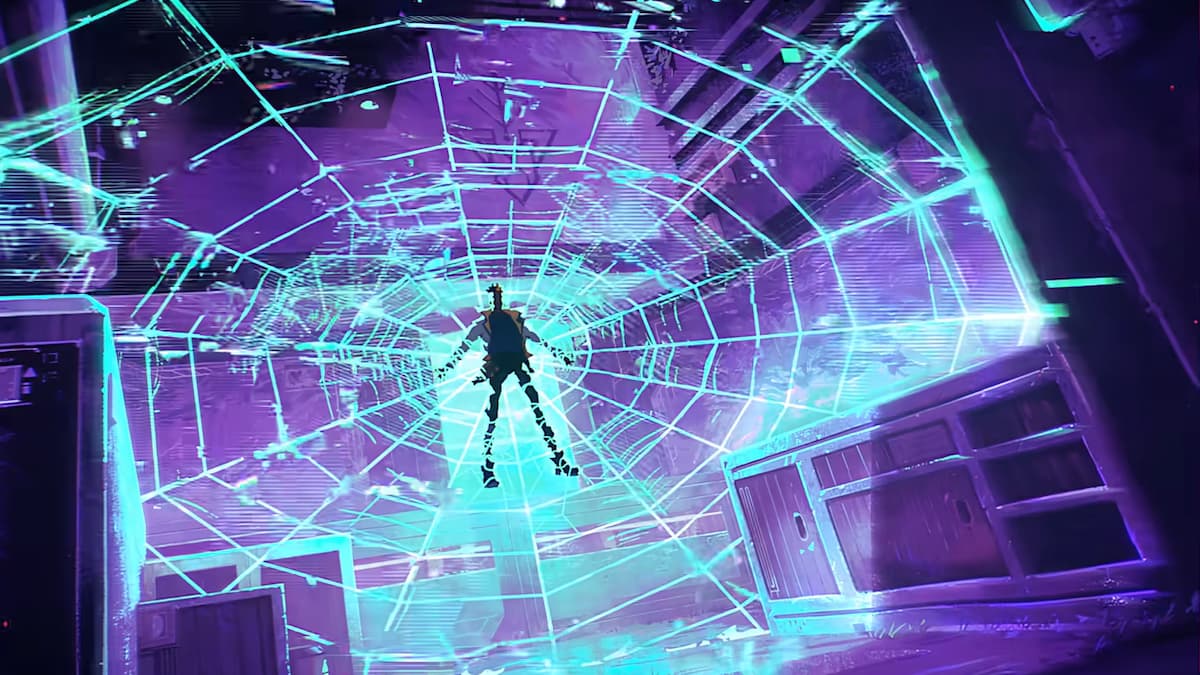
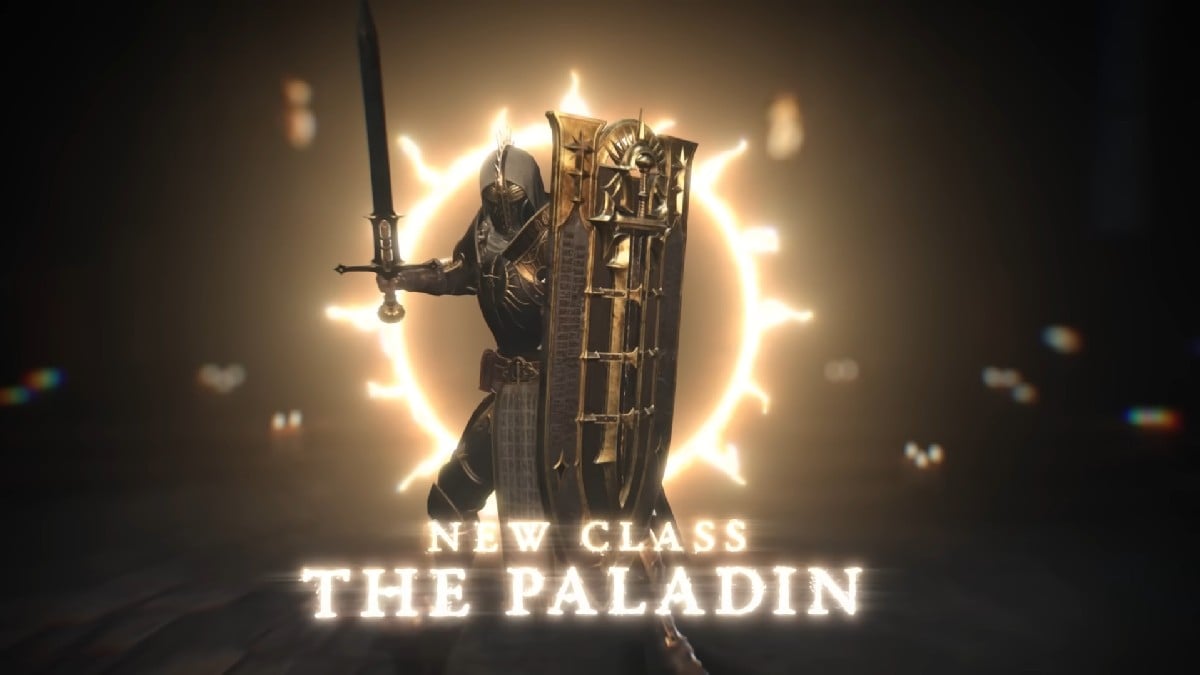
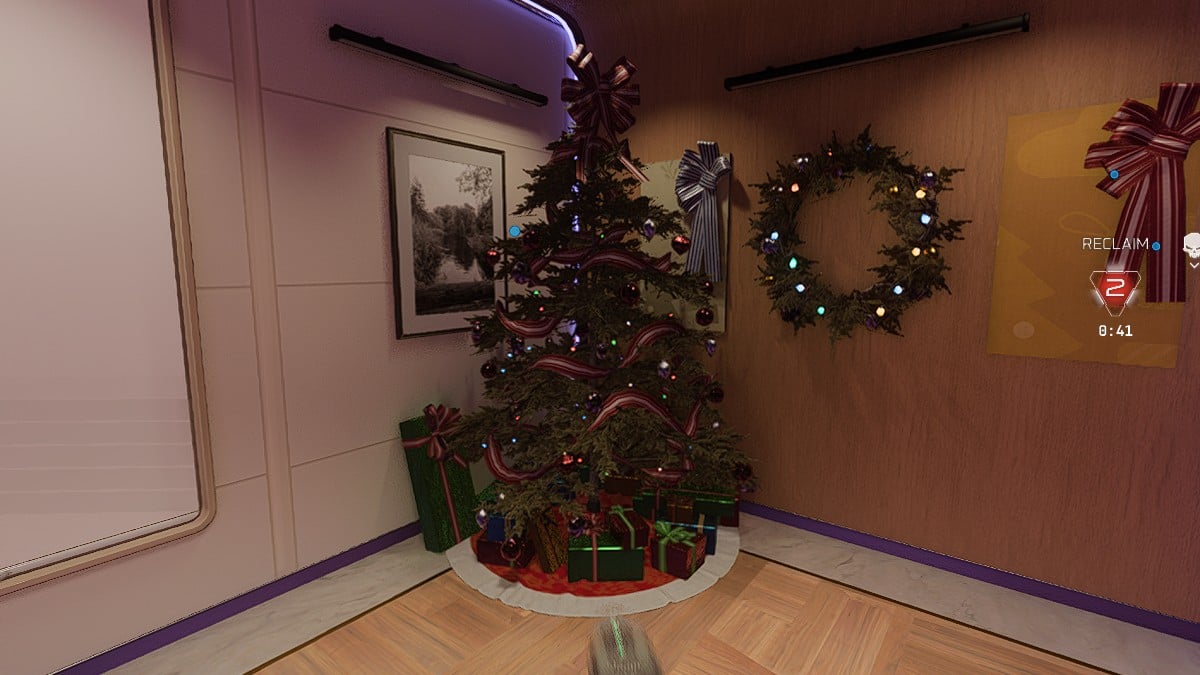
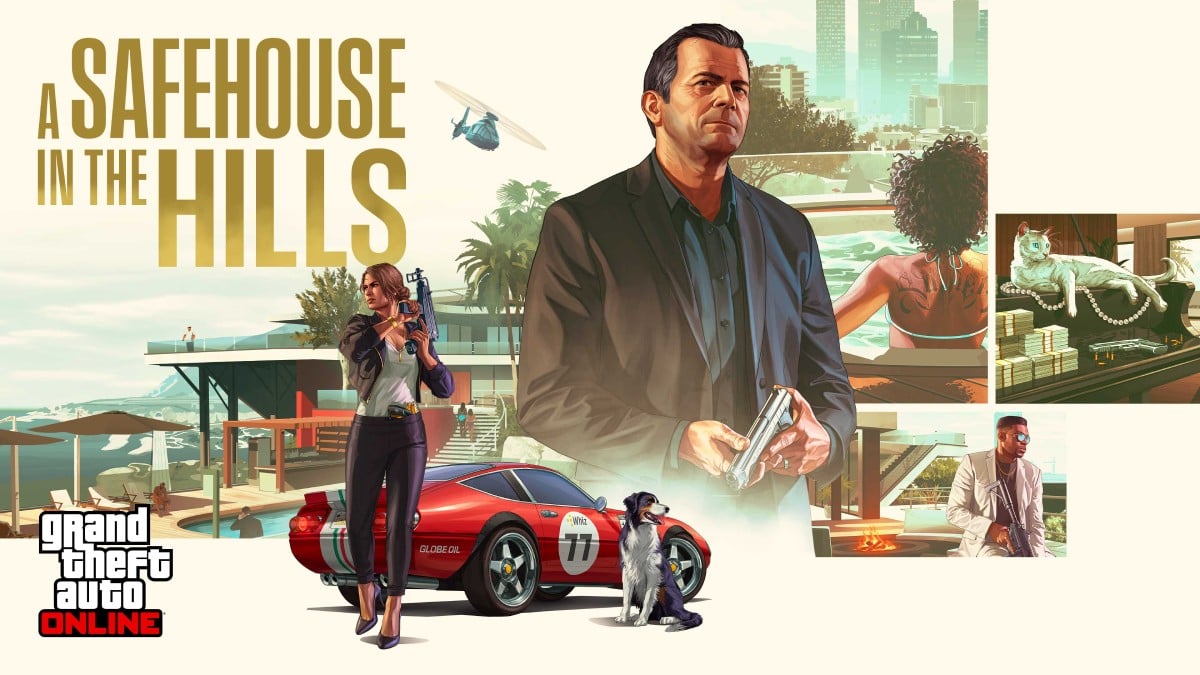
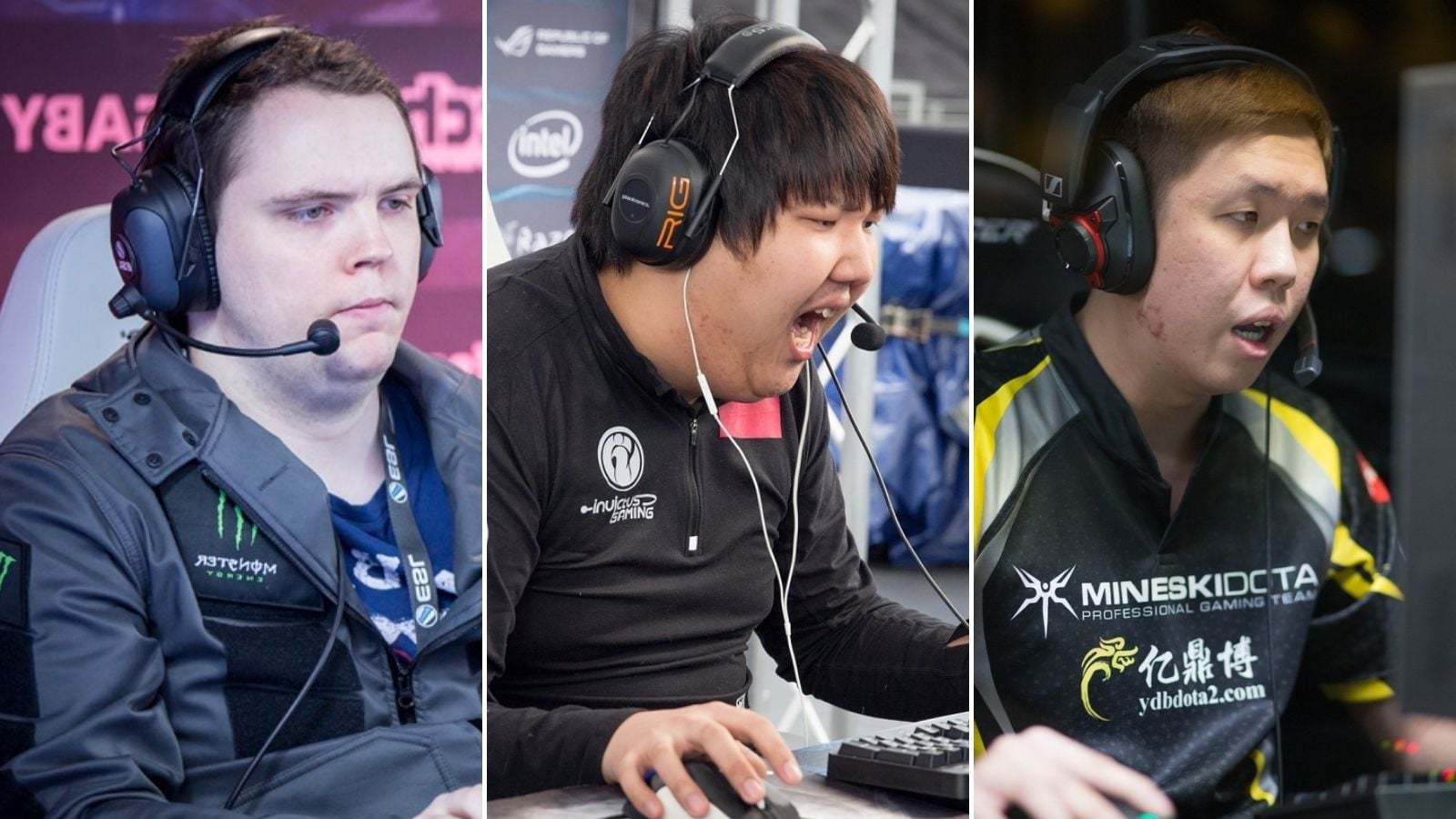
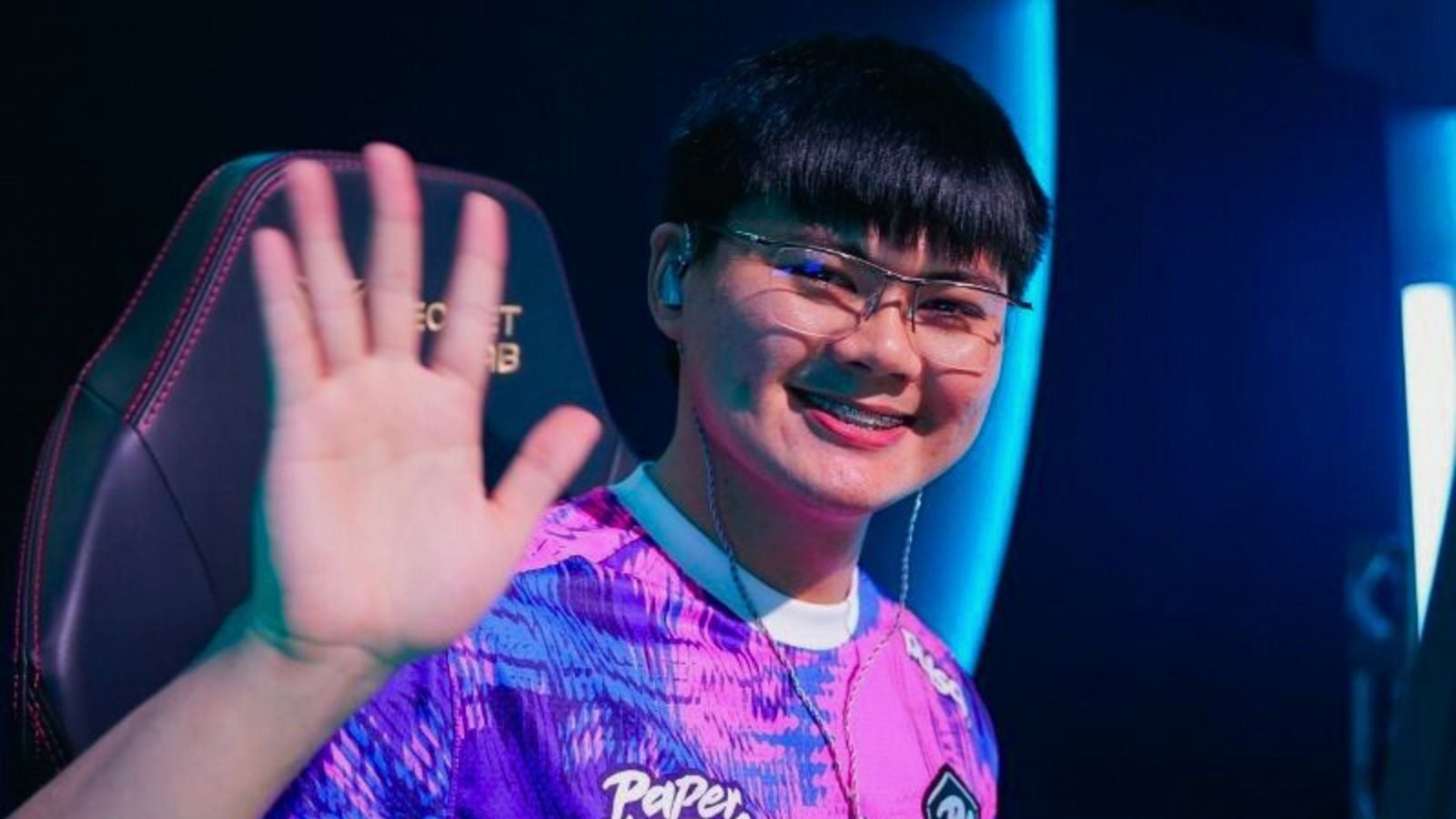
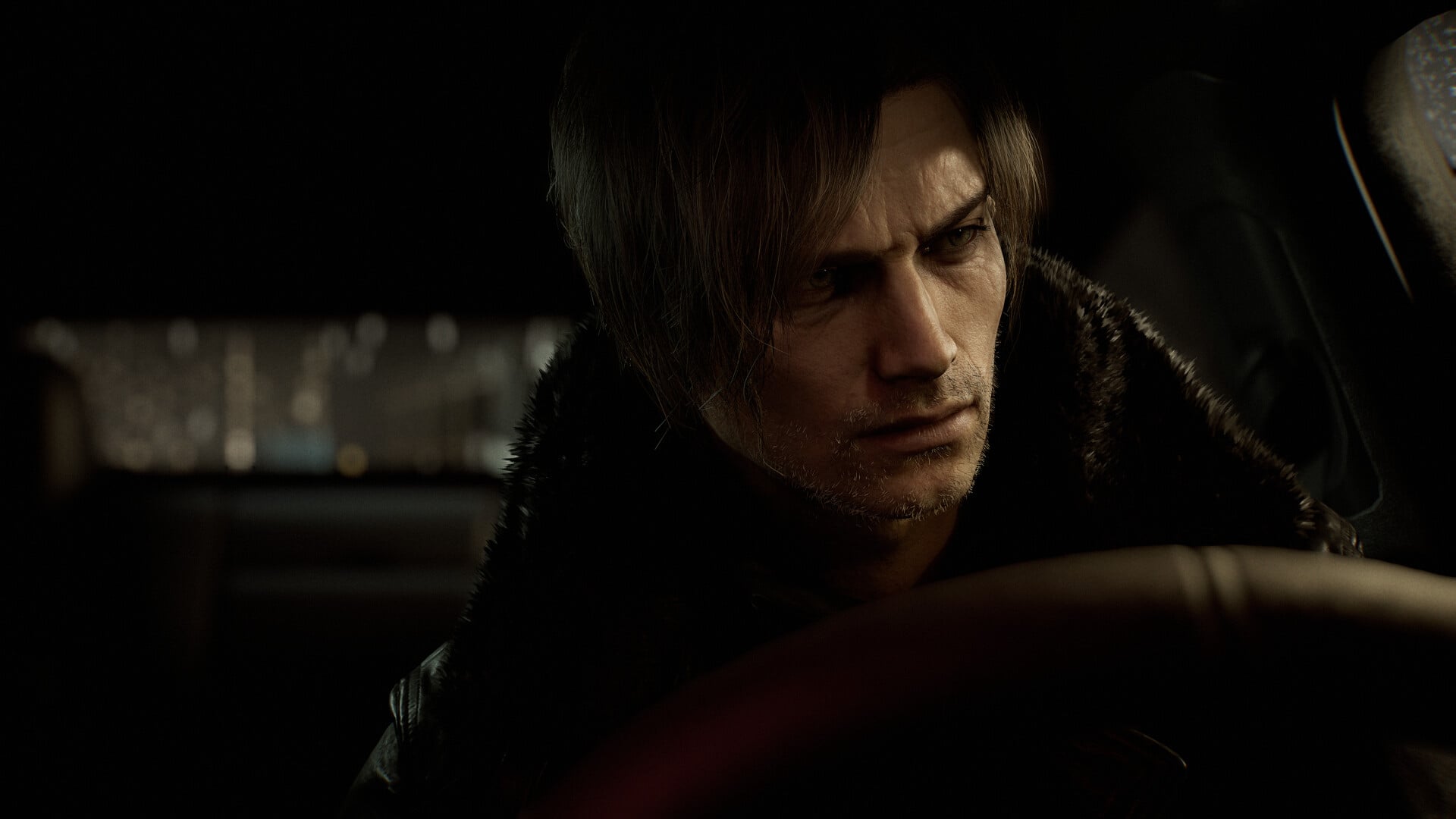
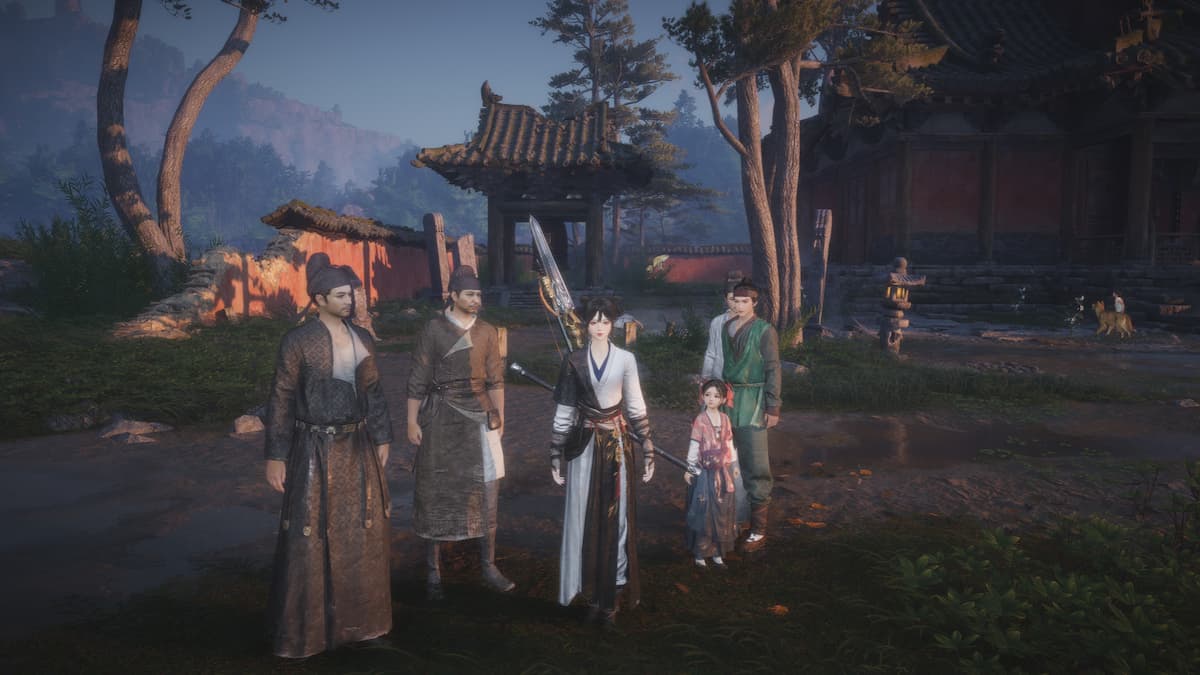


Published: Mar 22, 2017 04:09 pm